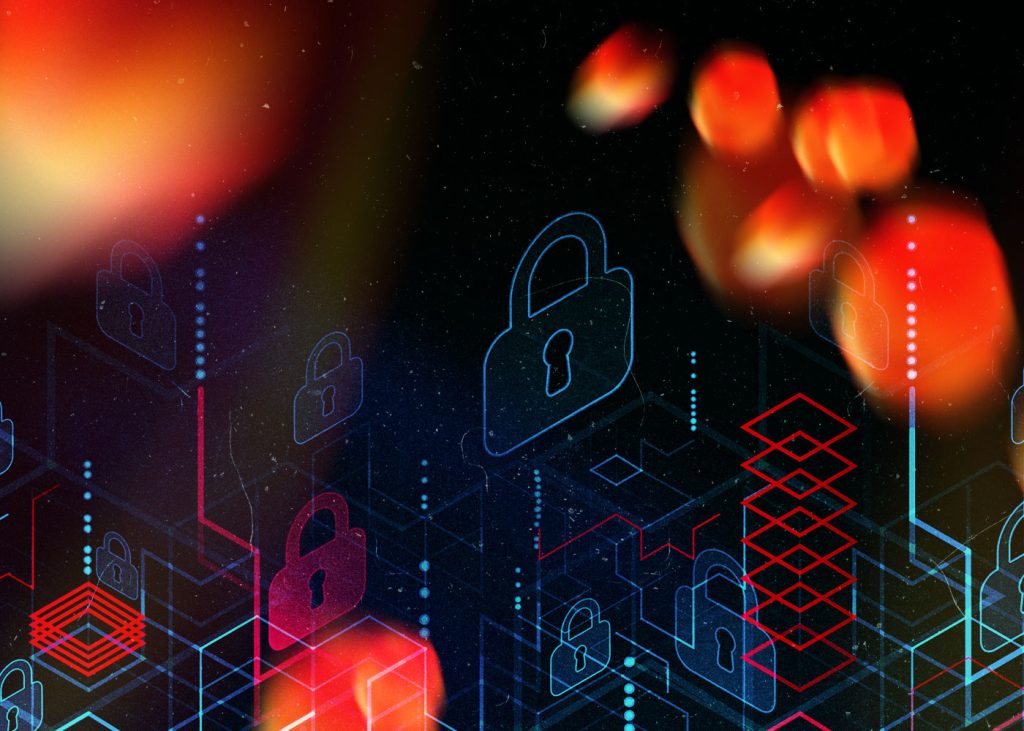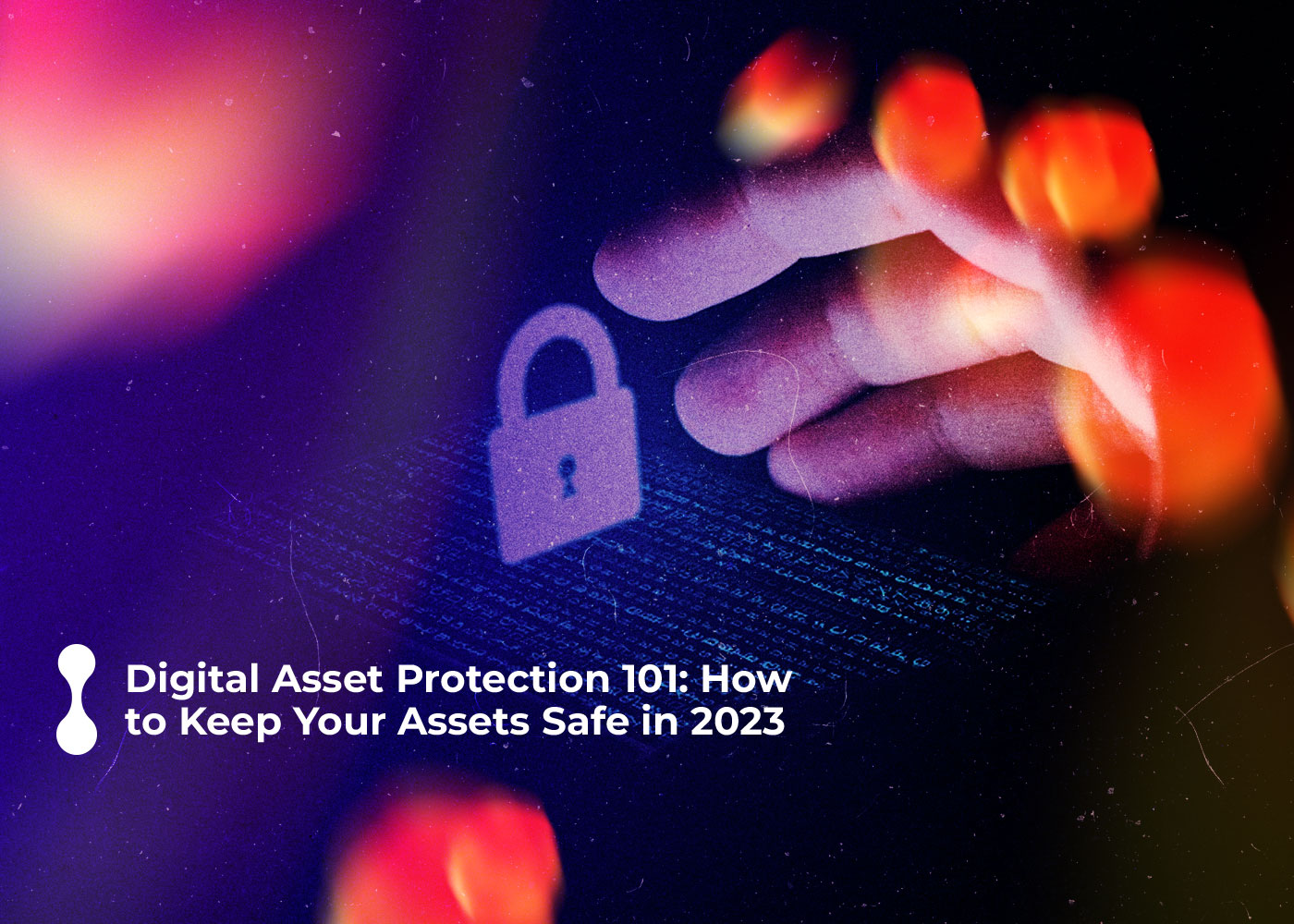Protecting your valuables is more critical than ever in the modern digital world. Due to the extensive use of technology, cyber dangers, including hacking, identity theft, and fraud, can access our personal and financial data. The need to protect digital assets has increased as we approach 2023. In this blog article, we’ll go through the fundamentals of digital asset security and give you actionable advice on how to safeguard your assets in 2023. This post’s advice can assist you in protecting your digital assets and averting any financial losses, whether you are an individual, small business owner, or investment.
Why Is Protecting Your Digital Assets Important?
In the modern world, when we are becoming increasingly dependent on technology for our personal and financial requirements, protecting your digital assets is essential. Any online item with value that is referred to as a “digital asset” includes things like bank accounts, cryptocurrency, social media accounts, email accounts, intellectual property, and more. These resources are exposed to online dangers, including hacking, phishing, and malware attacks, which can lead to the loss of important information, money, and even your identity. Digital assets can also be misused, stolen, or accessed without authorization, endangering your privacy and reputation. You can ensure the safety and security of your data and finances, avoid potential financial losses, and keep control of your online presence by safeguarding your digital assets.

How to Protect Your Digital Assets?
Protecting your digital assets can be accomplished through several measures, including:
Securing Your Accounts:
Protecting your digital assets requires using different, secure passwords for each of your online accounts. Cybercriminals can quickly crack passwords that are obvious or frequently used, giving them access to your accounts and sensitive data. Passwords that are tough to guess or crack can be created with the use of a password manager. By requiring a second factor, such as a number texted to your phone to authenticate your identity, enabling two-factor authentication (2FA) for your accounts adds an additional degree of security. Even if they know your password, thieves will find it harder to access your accounts as a result.
Protecting Your Devices:
Protecting your digital assets requires installing reputable antivirus and anti-malware software on all of your devices. These tools can assist in identifying and getting rid of harmful software that could endanger your devices and data. Another crucial step in preventing cyberattacks is to keep your operating system and apps updated with the most recent security patches and upgrades. Fixes for known vulnerabilities and security holes that could be used by hackers are frequently included in these updates. Finally, it’s crucial to exercise caution when downloading programs or files from unreliable or shady websites because they might be infected with malware or other security threats that could jeopardize your digital assets.
Backing Up Data:
Protecting your digital assets requires routinely backing up your vital data. A number of techniques, such as using external hard drives, cloud-based storage, or other safe backup options, can be used to do this. In the case of a data loss, such as a hardware malfunction or a cyberattack, backing up your data assures that you can retrieve it. It’s also crucial to routinely test your backups to make sure everything is running well and that you can restore your data if necessary.
Staying Updated On Security Risks:
Protecting your digital assets requires staying current on the newest security concerns and cyberthreats. You may stay current on the newest threats and vulnerabilities by following reliable sources of cybersecurity news and updates. You can further safeguard your digital assets by exercising caution when dealing with shady emails, links, and attachments. These strategies are frequently employed by cybercriminals to deceive users into installing malware or disclosing private information. Before clicking on any links or attachments in emails or messages, always double-check the sender and content.
Working with Professionals:
Working with a cybersecurity specialist or IT consultant can help you gain important knowledge about safeguarding your digital assets. They can evaluate your digital assets and find any potential weaknesses you might have overlooked. They may also assist you in putting the security best practices that industry experts have advised into effect. By doing this, you can make sure that your digital assets are fully protected and that you are equipped to deal with any emerging security concerns.
Final Words:
In conclusion, in today’s increasingly digital and interconnected world, protecting your digital assets is essential. By taking precautions like locking down your accounts, safeguarding your devices, backing up your data, being informed about security concerns, and working with experts, you may greatly lower the risk of cyber threats and safeguard your private data and finances. Taking these precautions can significantly increase your chances of preventing a cyberattack or data loss, even if no security solution is 100% effective. You may take advantage of the advantages of the digital world without compromising your privacy or security by being diligent and proactive about preserving the protection of your digital assets.
